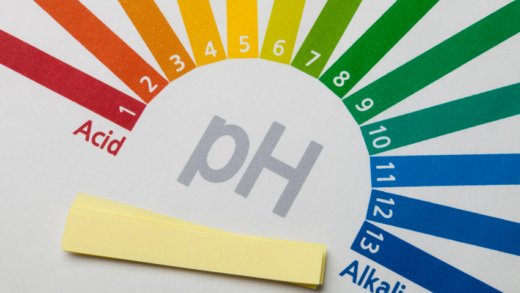Bleeding is a natural response of the body to injuries or wounds. It is a process by which the body tries to prevent the loss of blood and initiates the healing process. However, sometimes bleeding can occur spontaneously without any apparent reason, and this can be a sign of an underlying medical condition. In this article, we will discuss bleeding in detail, including its causes, symptoms, and treatment.
Types of Bleeding:
There are different types of bleeding, including external bleeding and internal bleeding. External bleeding occurs when blood flows from a cut or wound on the skin’s surface. Internal bleeding occurs when blood flows inside the body, such as in the organs, muscles, or bones.
There are also different types of bleeding disorders, such as hemophilia, von Willebrand disease, and thrombocytopenia. These disorders can cause bleeding, either spontaneously or after an injury.

Causes of Bleeding:
Bleeding can be caused by a variety of factors, including:
- Injuries: Injuries that damage blood vessels can cause bleeding. This can range from minor cuts and bruises to major trauma.
- Medical Conditions: Certain medical conditions can cause bleeding, such as hemophilia, von Willebrand disease, and thrombocytopenia.
- Medications: Some medications, such as blood thinners, can cause bleeding.
- Hormonal Imbalances: Hormonal imbalances can cause abnormal bleeding, such as heavy periods or bleeding between periods.
- Cancer: Some types of cancer, such as leukemia and lymphoma, can cause bleeding.
Symptoms of Bleeding:
The symptoms of bleeding can vary depending on the cause and severity of the bleeding. Some common symptoms include:
- Bruising or discoloration of the skin
- Bleeding from the nose, mouth, or rectum
- Heavy periods or bleeding between periods
- Blood in the urine or stool
- Excessive bleeding from cuts or wounds
Diagnosing Bleeding Disorders:
To diagnose a bleeding disorder, a doctor may conduct a physical exam and order blood tests to check for clotting factors, platelet counts, and other factors that may indicate a bleeding disorder.

Treatment for Bleeding Disorders:
The treatment for bleeding disorders depends on the type and severity of the disorder. Some common treatments include:
- Clotting factor replacement therapy: This involves infusing clotting factors into the bloodstream to help with clotting.
- Platelet transfusions: This involves infusing platelets into the bloodstream to help with clotting.
- Hormone therapy: Hormone therapy may be used to treat bleeding disorders caused by hormonal imbalances.
- Surgery: In some cases, surgery may be necessary to stop bleeding or to treat the underlying cause of bleeding.
- Medications: Medications, such as desmopressin, can help increase clotting factors in the blood and reduce bleeding.
FAQs:
What should I do if I have heavy bleeding during my period?
If you have heavy bleeding during your period, you should consult a doctor. They may recommend hormonal therapy or other treatments to help reduce bleeding.
Can bleeding be a sign of cancer?
Yes, bleeding can be a sign of cancer. If you experience any unexplained bleeding, you should consult a doctor.
What is thrombocytopenia?
Thrombocytopenia is a medical condition in which the body has a low platelet count, which can lead to bleeding.
How can I prevent bleeding?
While some types of bleeding cannot be prevented, you can take steps to reduce your risk of injury, such as wearing protective gear when playing sports or using sharp objects.
Can bleeding be life-threatening?
Yes, in some cases, bleeding can be life-threatening, particularly if it is severe or if it occurs in a vital organ such as the brain.
Conclusion:
Bleeding can be a sign of various underlying medical conditions. It is important to understand the causes, symptoms, and treatment options available to help manage and treat bleeding. If you experience any unexplained bleeding, it is important to consult a doctor to determine the cause and receive appropriate treatment.






















